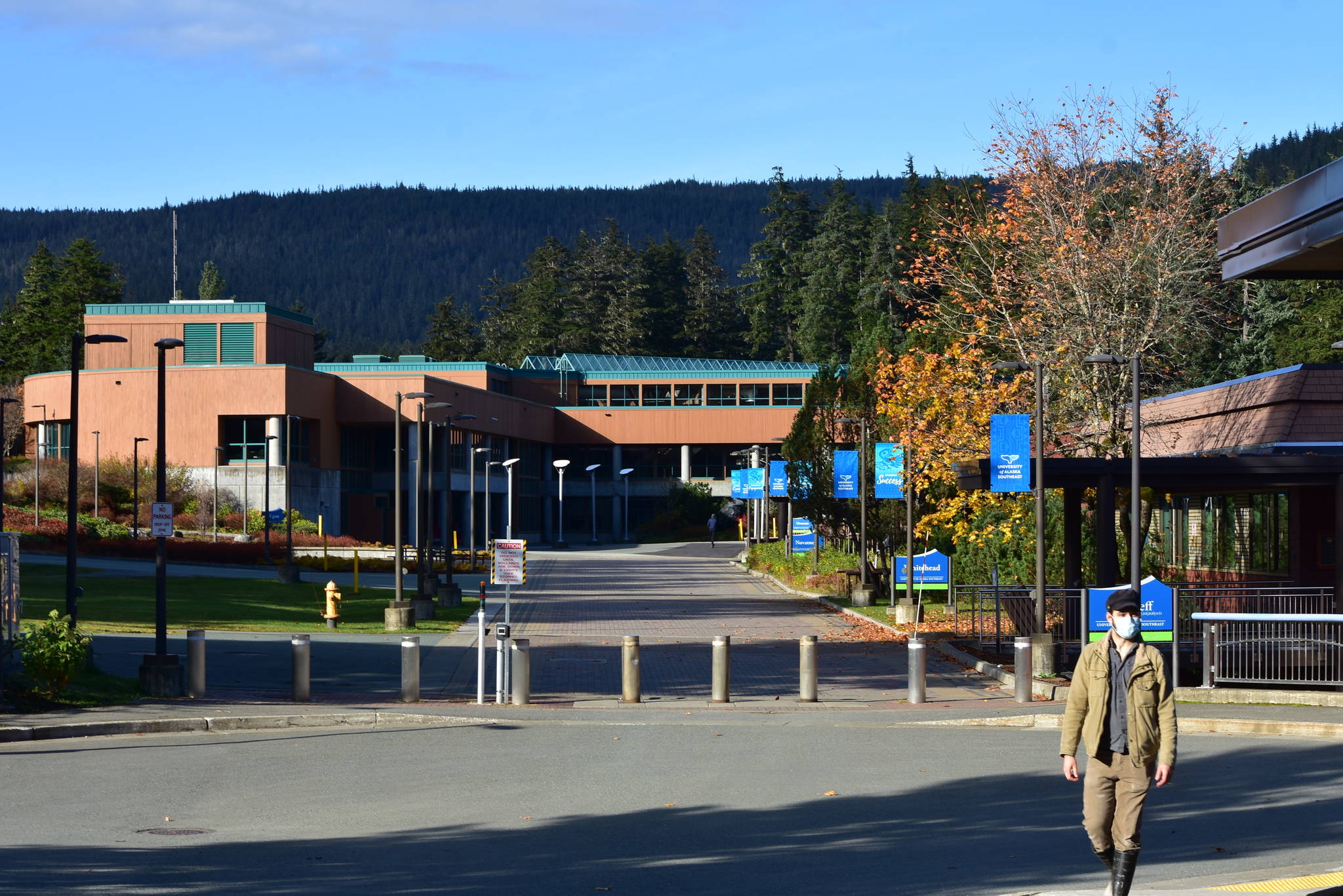By Bill Popp
Nearly a year since the first case of COVID-19 was discovered in Alaska, the pandemic continues to shake the state’s communities and economy. Many Alaskans are still out of work and struggling financially.
The Alaska Department of Labor and Workforce Development reports average job losses for 2020 were 12,400, an 8.3 percent loss in employment compared to 2019. Anchorage now has a five-year recession and the pandemic to recover from. To see a full economic recovery, the city needs to add 18,400 jobs, a feat that will take years to accomplish.
But even during these challenging times, there are opportunities. The Anchorage Economic Development Corp. forecasts the addition of 4,000 jobs in 2021, the largest year-over-year increase in Anchorage jobs since 2001. A healthy housing market is driving new residential construction. A nearly $700 million logistics facility is just one of the potential projects coming to Ted Stevens Anchorage International Airport. There is the potential for billions of dollars of new North Slope oil investments in the next five years.
[Pitney says job-focused programs are here to stay]
Another bright spot is the University of Alaska. In Anchorage, the university is an important community asset. When COVID-19 created urgent needs in the local health care sector, the university responded swiftly. UAA trained more than 400 contract tracers, graduated and licensed 75 senior nursing students early to meet increased demand, provided personal protective equipment, and manufactured hand sanitizer and 3D printed face shields and ventilator parts. University experts in epidemiology, economic modeling, small business mentoring and mental health counseling assisted the state’s pandemic response.
More recently, university researchers have developed ways to test wastewater for COVID-19 and four university researchers are part of our hunt for the new, more contagious variants of the coronavirus. Researchers are working on a process for sequencing the virus’ genes, which state officials say is essential to keep the virus in check.
All this comes as the University of Alaska system works through budget reductions of $120 million between fiscal years 2014-2022. UA has responded with a strategy to preserve core programs while remaining focused on providing quality and affordable education to its students. Enrollment is up and a major priority, and the UAA College of Health and other departments are seeing positive growth. Partnerships with K-12 districts across Alaska create dual enrollment options to allow students to earn college credit while meeting district needs.
UA Interim President Pat Pitney’s legislative and budget experience gives her a deep understanding of both the university’s finances and state budgets, making her ideally suited to bring confidence, trust, and stability to the university system in the coming months. Interim UAA Chancellor Dr. Bruce Schultz is a strong advocate for the university. His career in leadership roles at UAA spans nearly three decades, making him a valuable bridge during the chancellor selection process.
The pandemic has created economic hardship and uncertainty, but the university is uniquely positioned to provide training opportunities, certification programs for jobs and to assist businesses as they retool for the new economy post-COVID.
Whether it’s contributing to the workforce, providing educational opportunities that help retain Alaskans and attract students globally, or providing research and resources to help policy makers develop sound decisions on major issues, the university is a critical component in the growth and success of our state and an integral part of our path forward to upward mobility and sustainability for the long term.
The university is one of our greatest assets, please join AEDC in urging a renewed level of support from all Alaskans — policy makers, students pursuing higher education and community leaders who can help it grow and prosper.
• Bill Popp is president and CEO of Anchorage Economic Development Corporation. Columns, My Turns and Letters to the Editor represent the view of the author, not the view of the Juneau Empire. Have something to say? Here’s how to submit a letter to the editor or My Turn.

